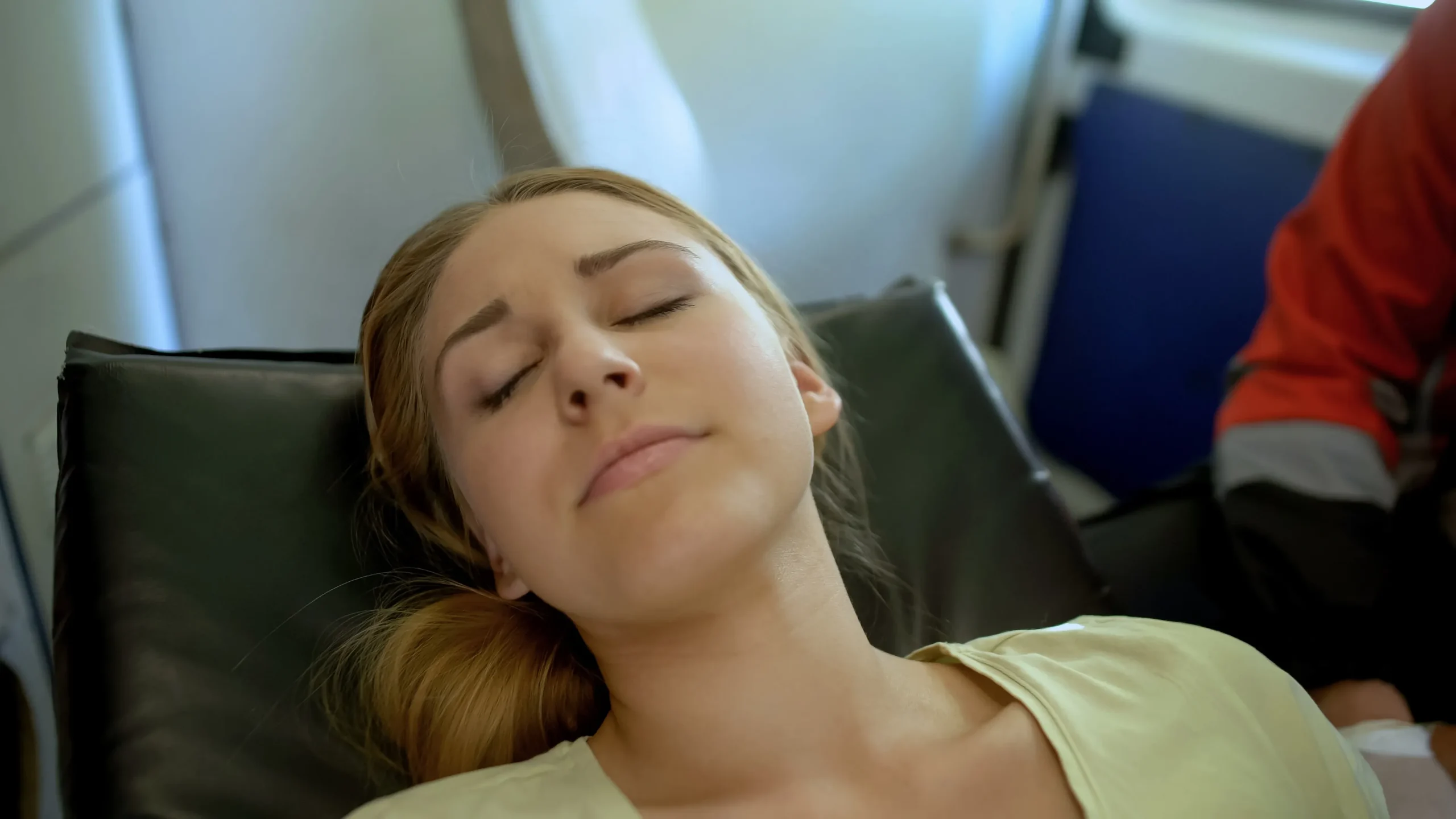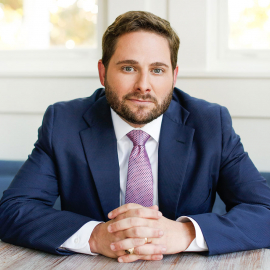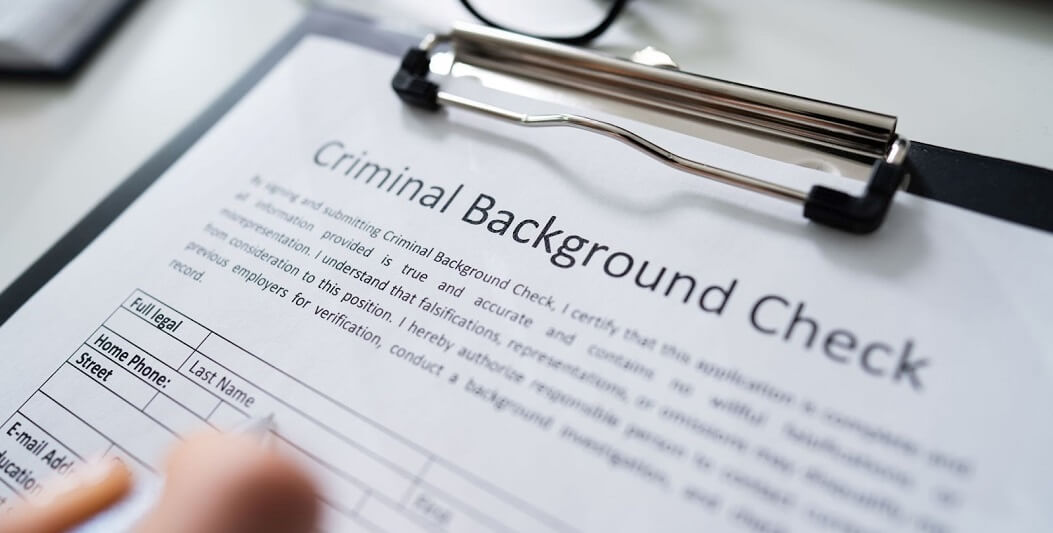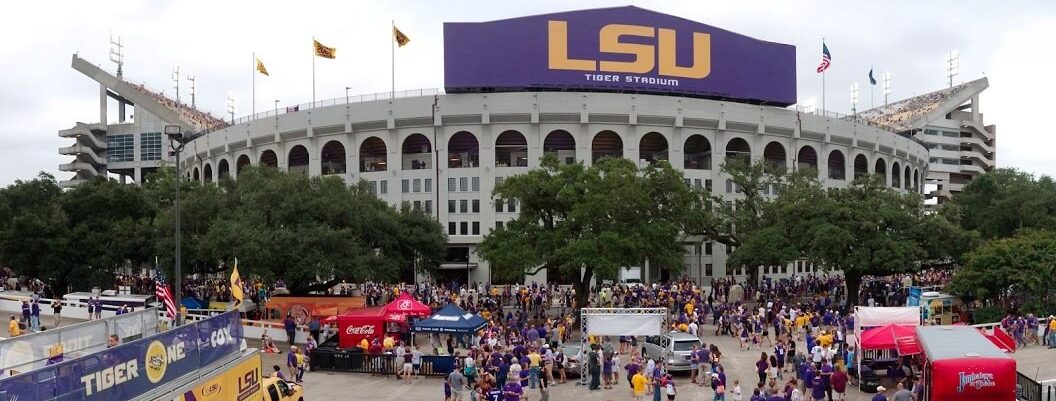Understanding Louisiana’s Good Samaritan Law: Protection and responsibilities in emergency situations
Have you ever wondered what you would do if you saw someone choking at a restaurant? What if you saw someone suffer a drug overdose? Are you required to help, or should you just call 911? What if you’re doing drugs too?
Louisiana has laws that answer these questions, establishing protections and requirements for bystanding “Good Samaritans.” Should you face charges for offering help or failing to render aid to a person in distress, The Johnson Firm can help. You can count on our team of dedicated Lake Charles criminal defense attorneys for powerful representation.

Louisiana’s Good Samaritan law: Protections and responsibilities
Protections under the law
An important function of Good Samaritan laws is to protect those who act in good faith to help a person in distress.
Louisiana Revised Statute 37:1731 protects doctors, dentists, and other medical personnel when they render aid during emergency situations, as long as they do not cause harm by acting with “willful or wanton misconduct or gross negligence.”
Louisiana Revised Statute 9:2793 protects members of the general public who offer aid when faced with an emergency, again, as long as they do not “intentionally or by grossly negligent acts or omissions” cause harm to the person in need.
Responsibilities of a Good Samaritan
Louisiana laws protect Good Samaritans. However, they have a “flip side,” requiring bystanders to help in emergencies. Under Louisiana Revised Statute 14:502, “Failure to seek assistance,” bystanders who do not offer help can be charged criminally. As long as bystanders do not endanger themselves or others, they must offer “reasonable assistance,” which means calling the proper authorities.
While this responsibility applies to the public, the law emphasizes the responsibility of those who engaged in reckless behavior with the person now experiencing an emergency. If friends are binge drinking, drag racing, or involved in other reckless acts, this law specifically identifies them as responsible for seeking help.
Further, there are implications for medical professionals. For non-medical professionals, “reasonable care” is calling for help. However, for doctors, nurses, or others in the field, “reasonable” can be interpreted differently. For example, if a medical professional does not perform basic CPR on a person having a heart attack, they may violate the law.
Convictions for violations of failure to seek assistance laws can lead to fines, imprisonment, or both.
Good Samaritan laws and drug overdoses
Most states have Good Samaritan laws for those experiencing or witnessing a drug overdose. Under Louisiana’s laws, a person who calls for medical assistance when experiencing a drug overdose cannot face criminal charges or penalties for possessing controlled substances or related paraphernalia if authorities discover that evidence when responding to the call for help.
Even others who call on an overdose victim’s behalf cannot face criminal charges for possession if drugs or paraphernalia are collected as “evidence” because of the call.
However, if the person calling for help “distributes or dispenses a controlled substance which is the direct cause of the death of the recipient who ingested or consumed the substance,” or if the caller unlawfully distributed or dispensed the substance to another person who then distributed it to the person who ingested it and died from an overdose, the caller can face criminal charges for Drug Induced Homicide (DIH) or Drug Delivery Resulting in Death (DDRD).
These charges come with serious penalties, including life in prison without the possibility of parole, and require experienced, forceful representation. The team of skilled attorneys at The Johnson Firm can provide that representation.
A strong defense is critical
The Johnson Firm understands that justice must be fought for and won. It isn’t something you passively receive. Our team works together to investigate your situation and build a comprehensive, custom-made defense.
For example, if you were present during a college hazing where a person passed out from being force-fed alcohol, you may have “failed” to act because you were threatened with bodily harm by the others involved.
If you are charged with a DIH or DRDD after calling for help for an overdose victim, our team will examine the circumstances with great care. The victim may have had an underlying medical condition that was the true cause of death. Or someone else’s supply may have caused the overdose. Whatever your situation, we will fight hard to protect you and your rights.
The Johnson Firm is here for you
Facing criminal charges is terrifying. The consequences of a conviction can change your life, affecting your finances, profession, family, and freedom. Don’t entrust your fight to an inferior defense attorney. The stakes are too high. Instead, call The Johnson Firm at (337) 433-1414 or contact us online to request a consultation. Our team is dedicated to providing you with a fierce, effective defense.






